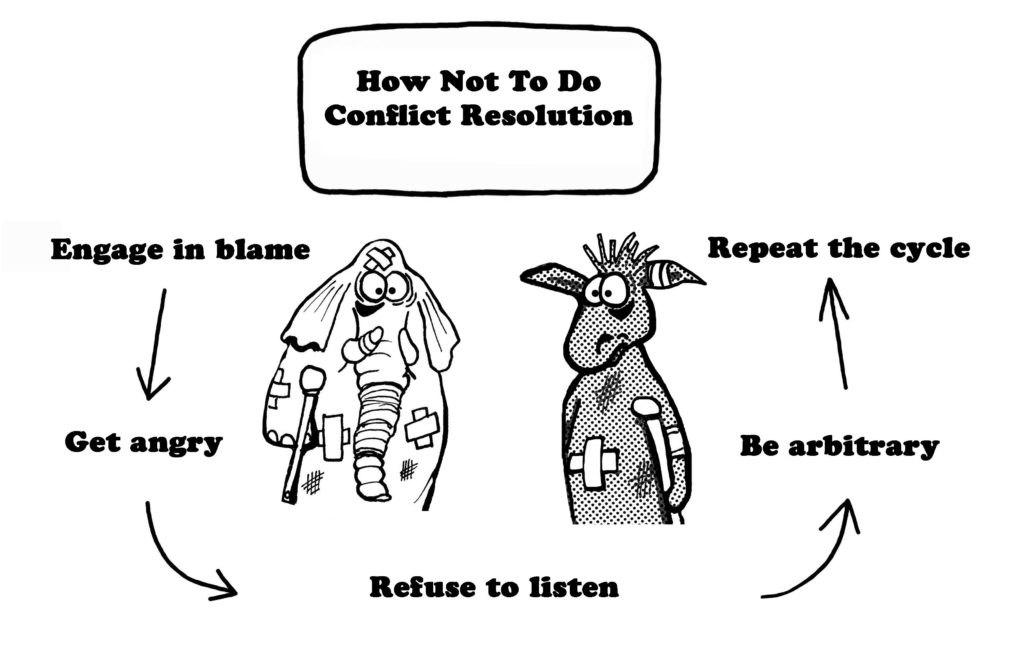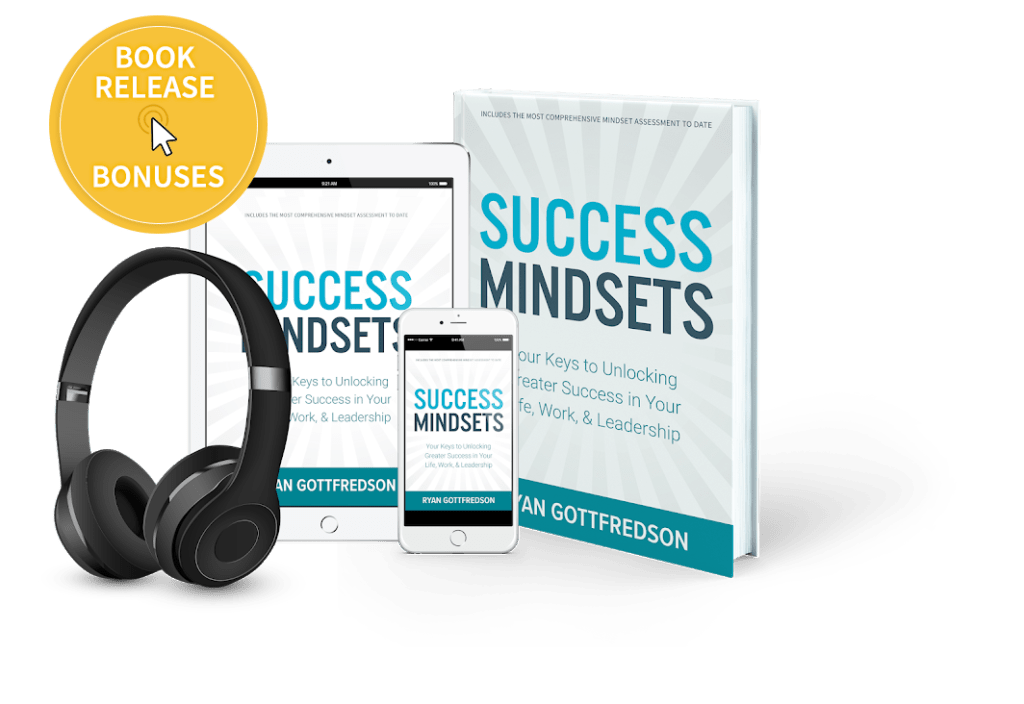My book launch is a week away (5/5). To highlight the launch, I want to share portion of my book related to the importance of having an open mindset by sharing a powerful example of closed-mindedness.
From Chapter 10:
In the 1840s, hospitals in Vienna faced a mysterious, terrifying epidemic of childbed (puerperal) fever, which caused the deaths of about 15 percent of new mothers who had just delivered babies. At the epidemic’s peak, one-third of the women died in or shortly after labor, three times the mortality rate of those attended by midwives. To try to arrive at an explanation, a Hungarian physician named Ignaz Semmelweis came up with a hypothesis. He observed that the doctors and medical students who attended the women were going straight to the delivery room from performing autopsies on the women who had died the day before. Though no one understood the concept of germs or hospital-borne viruses at the time, Semmelweis thought they might be carrying a “morbid poison” on their hands. Therefore, he instructed his students to wash their hands in a chlorine antiseptic solution before going to the maternity ward.

Low and behold, the women stopped dying—an astonishing, lifesaving outcome.
Yet, when Semmelweis tried to teach other doctors about the value of washing their hands, they refused to accept the evidence and essentially told him to get lost.
There was Ignaz Semmelweis, giving his colleagues advice that would make them better doctors and help them save dozens, if not hundreds, of lives. Which it did. A no-brainer, right? Yet, the doctors remained closed-minded.
Why didn’t Semmelweis’s colleagues accept the evidence and even thank him effusively for finding the reason for the tragic, unnecessary deaths of their patients?
Answer: their egos.

In order for the physicians to accept his simple lifesaving intervention, they would have to admit that they had helped cause the deaths of many women in their care. This intolerable realization went straight to the heart of the physicians’ view of themselves as medical experts and wise healers. They wanted to be seen as being right more than they wanted truth.
Don’t you find it interesting that so many of the world’s greatest breakthroughs are met with so much resistance? Such resistance is surely limiting, if not detrimental, for the individuals affected and even for the world at large. At its root, it is driven by people with closed mindsets.
In his book Principles, Dalio clearly lays out why Bridgewater Associates promotes and espouses radical open-mindedness by clearly and forcefully discussing the consequences of not being open-minded. These include:
- Missing out on all sorts of wonderful possibilities and dangerous threats that other people might be showing you.
- Blocking criticism that could be constructive and even lifesaving.
- Losing because you stubbornly refused to learn something that would have allowed you to perform better.
- Failing to rectify bad or off-base opinions because you failed to objectively look at your situation and weigh what you and others think about it.
Look at the words starting each bullet point: missing, blocking, losing, and failing. Do those describe an individual who is thinking, learning, and behaving in a success-driven way? Of course not. Altogether, Dalio writes,
“Holding wrong opinions in one’s head and making bad decisions based on them instead of having thoughtful disagreements is one of the greatest tragedies of mankind. Being able to thoughtfully disagree [can] so easily lead to radically improved decision making in all areas—public policy, politics, medicine, science, philanthropy, personal relationships, and more.”

Additional Insights
Every time I talk about closed and open mindsets, I can’t help but think of Shane Parrish’s quote related to the question: “Are you open- or close-minded?”
“Before you smugly slap an open-minded sticker on your chest, consider this: closed-minded people would never consider that they could actually be closed-minded. In fact, their perceived open-mindedness is what’s so dangerous.”
If you want to identify the current quality of your mindset on the closed to open continuum, take my free personal mindset assessment, which will give you a sense of the quality of your mindset relative to 10,000+ people who have taken it:
And, if you want to develop more of an open mindset, check out my suggestions in my book: https://ryangottfredson.com/books



